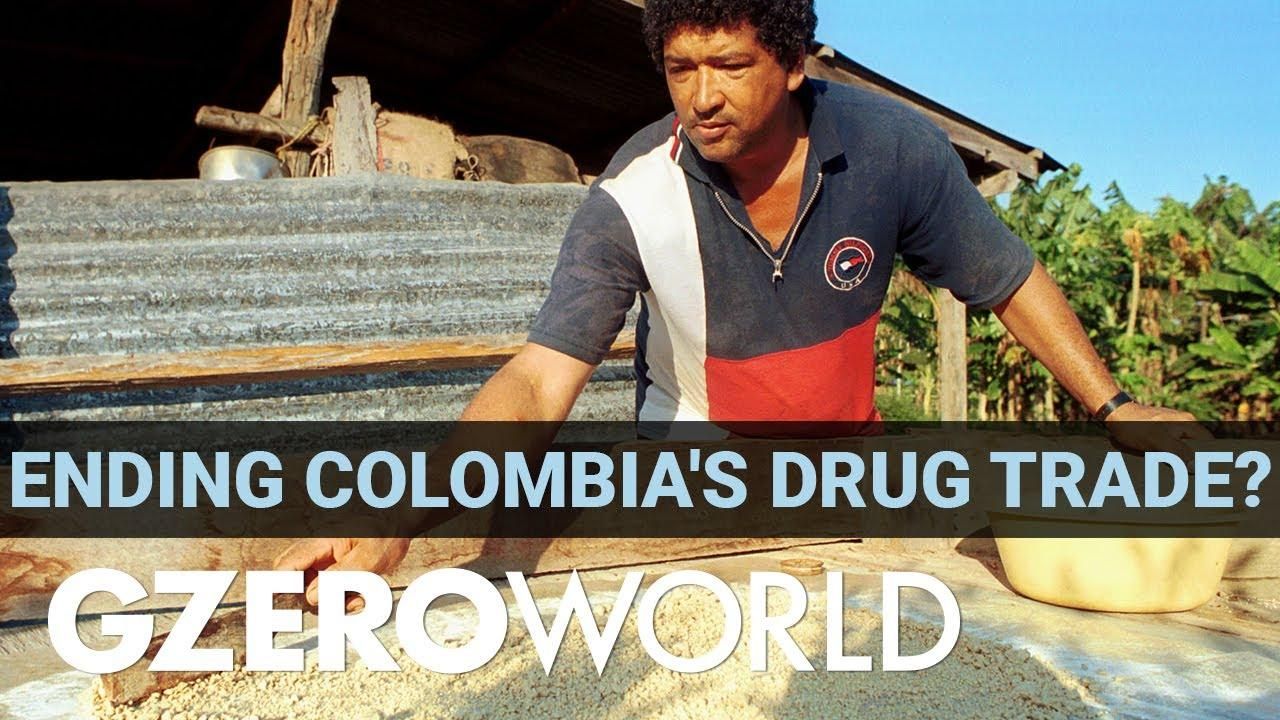GZERO World Clips
How to solve Colombia's cocaine problem

How to Solve Colombia's Cocaine Problem | GZERO World

According to a 2022 White House report, during the pandemic, coca cultivation and production in Colombia reached a record 245,000 hectares and 1,010 metric tons. In an exclusive interview with GZERO World, Colombia's new president, Gustavo Petro, said that enough is enough.
“It's shameful that just because we are the producers of the coca leaf or cocaine we’ve believed that we must silence ourselves and accept the policies of world powers in this regard, even though they are totally wrong. This must end.”
Key to curbing Colombia’s drug problem, Petro explains, is reassessing the Colombia-US relationship.
The Biden administration has already signaled to Petro that they know the War on Drugs has failed. But both nations, Petro argues, must stop viewing the jungle as “the enemy.” Only then can there be progress.
In this Quick Take, Ian Bremmer addresses the killing of Alex Pretti at a protest in Minneapolis, calling it “a tipping point” in America’s increasingly volatile politics.
Who decides the boundaries for artificial intelligence, and how do governments ensure public trust? Speaking at the 2026 World Economic Forum in Davos, Arancha González Laya, Dean of the Paris School of International Affairs and former Foreign Minister of Spain, emphasized the importance of clear regulations to maintain trust in technology.
Will AI change the balance of power in the world? At the 2026 World Economic Forum in Davos, Ian Bremmer addresses how artificial intelligence could redefine global politics, human behavior, and societal stability.
Ian Bremmer sits down with Finland’s President Alexander Stubb and the IMF’s Kristalina Georgieva on the sidelines of the World Economic Forum to discuss President Trump’s Greenland threats, the state of the global economy, and the future of the transatlantic relationship.